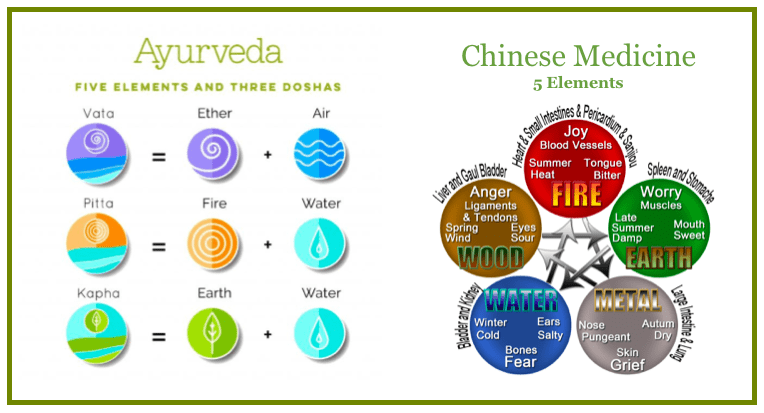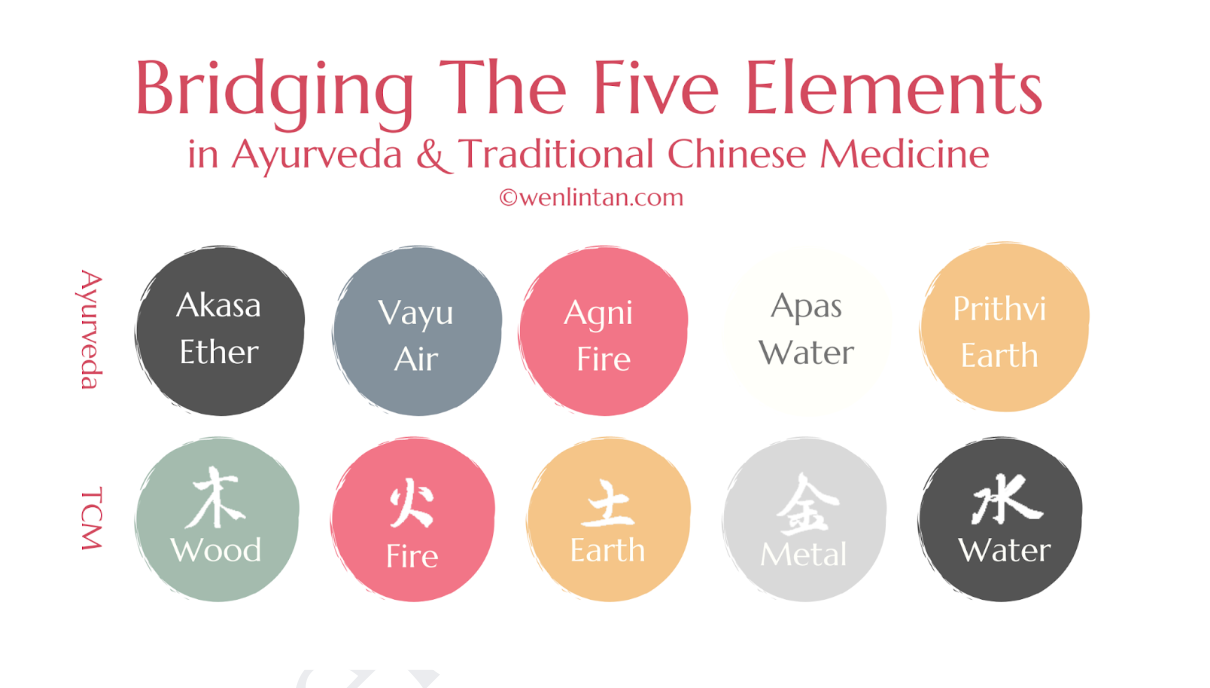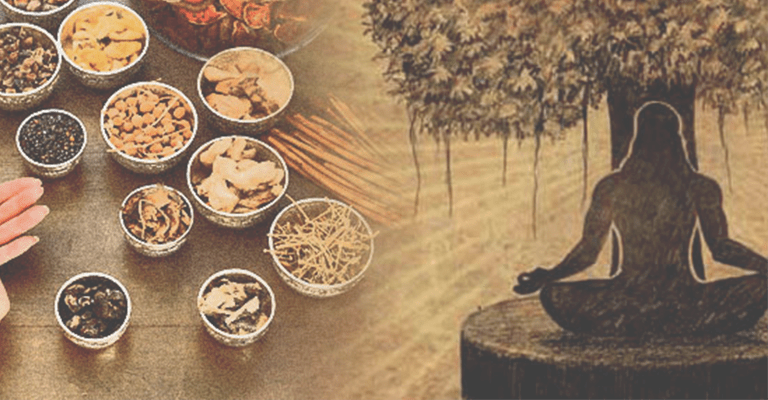In the ever-evolving landscape of healthcare, ancient healing traditions continue to captivate and inspire with their profound insights into holistic wellness. Among these, Ayurveda and Traditional Chinese Medicine (TCM) stand out as pillars of wisdom, offering time-tested principles for achieving balance and harmony in mind, body, and spirit. In this article, we delve into the core principles of Ayurveda and TCM, exploring their transformative potential and timeless relevance in today’s world.
Understanding Ayurveda and Traditional Chinese Medicine:
Ayurveda, originating from ancient India, and Traditional Chinese Medicine, with its roots in China, share common principles that emphasize the interconnectedness of all aspects of life and the importance of harmonizing with nature’s rhythms. Both systems recognize the role of diet, lifestyle, herbal remedies, and mind-body practices in promoting optimal health and well-being.

Key Principles of Ayurveda:
- Doshas: Ayurveda identifies three doshas, or biological energies—Vata, Pitta, and Kapha—that govern various physiological and psychological functions in the body. Understanding one’s unique dosha constitution and maintaining balance among the doshas is essential for health and vitality.
- Prakriti: Prakriti refers to an individual’s inherent constitution, determined by the predominance of doshas at birth. By aligning with one’s prakriti through lifestyle, diet, and daily routines, individuals can optimize their health and prevent imbalances.
- Ayurvedic Diet and Lifestyle: Ayurveda prescribes personalized dietary recommendations and lifestyle practices tailored to an individual’s dosha constitution and imbalances. Emphasizing whole, seasonal foods, mindful eating, and daily self-care rituals, Ayurveda promotes nourishment and rejuvenation at all levels.
Key Principles of Traditional Chinese Medicine:
- Yin and Yang: Traditional Chinese Medicine views health as a dynamic balance between yin and yang energies, representing opposing yet complementary forces in nature and the body. Harmonizing yin and yang is central to achieving optimal health and vitality.
- Five Elements: TCM categorizes physiological and psychological functions into five elemental energies—Wood, Fire, Earth, Metal, and Water—each associated with specific organs, emotions, and seasons. Balancing the five elements promotes harmony and well-being.
- Acupuncture and Meridians: Acupuncture, a cornerstone of TCM, involves the insertion of thin needles into specific points along meridians or energy channels in the body to restore balance and alleviate symptoms. This ancient practice regulates the flow of qi, or vital energy, to promote healing and wellness.

Benefits of Ayurveda and Traditional Chinese Medicine:
- Holistic Healing: Ayurveda and TCM offer holistic approaches to health and wellness, addressing the root causes of imbalances and promoting harmony at all levels—physical, mental, emotional, and spiritual.
- Personalized Care: Both systems emphasize individualized treatment plans based on an individual’s unique constitution, imbalances, and health goals, fostering a deeper understanding of one’s body and needs.
- Preventive Medicine: By promoting lifestyle modifications, dietary adjustments, and mind-body practices, Ayurveda and TCM empower individuals to prevent disease and maintain optimal health over the long term.
In conclusion, Ayurveda and Traditional Chinese Medicine offer profound insights into holistic wellness, guiding individuals on a journey of self-discovery, healing, and transformation. By embracing the timeless wisdom of these ancient traditions and integrating their principles into daily life, individuals can cultivate balance, vitality, and well-being for a fulfilling life journey.
Keywords: Ayurveda, Traditional Chinese Medicine, holistic wellness, doshas, yin and yang, five elements, personalized care, preventive medicine, mind-body practices.
Also Read:
- Nurturing Spiritual Well-being: Essential Practices for Inner Harmony
- Unlocking the Power of the Mind-Body Connection: A Journey to Holistic Wellness
- Exploring the Benefits of Alternative Therapies: From Acupuncture to Aromatherapy
- Exploring Integrative Approaches to Health and Wellness: A Holistic Perspective
- Discovering Joy: Finding Hobbies and Activities that Bring Fulfillment
- Building a Sanctuary: Creating a Healthy Home Environment for Well-being
- Unlocking the Power of Quality Sleep: Strategies for Better Mental Health

